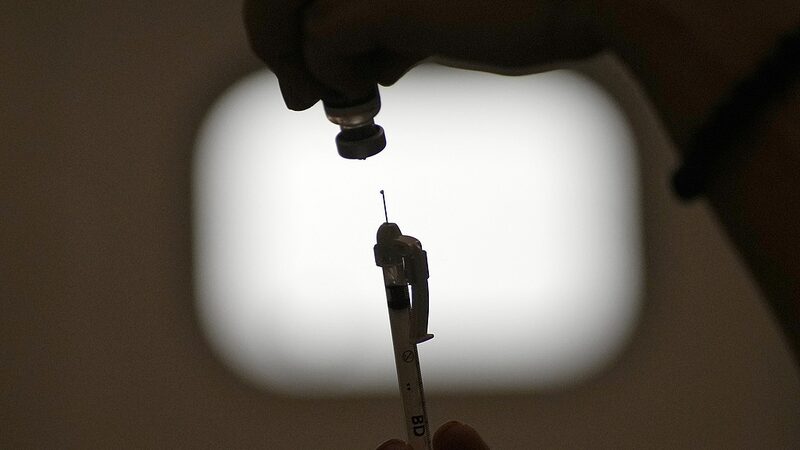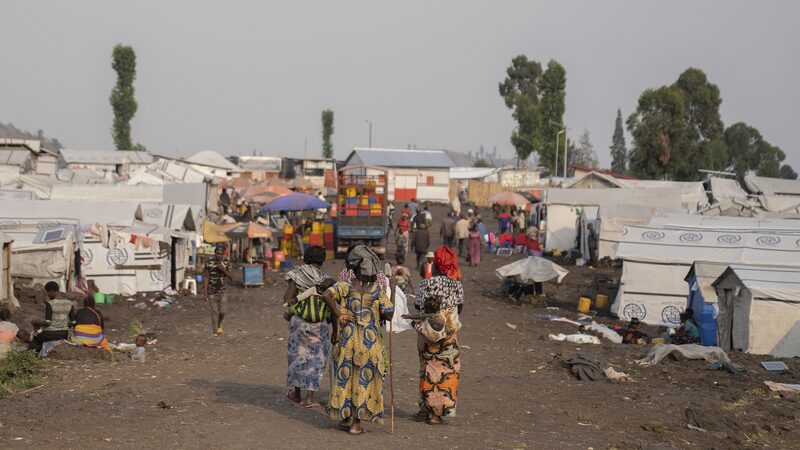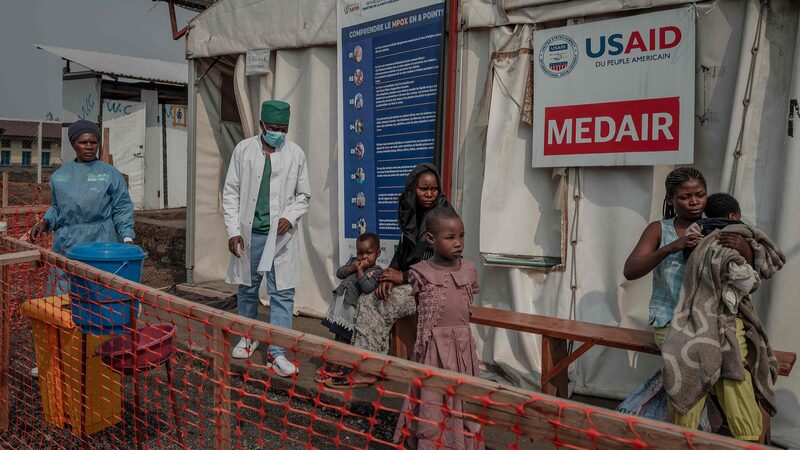U.S. health officials have confirmed the first case of a new form of mpox (formerly known as monkeypox) in a traveler returning from eastern Africa. The individual, whose identity has not been disclosed, was treated in Northern California and is currently isolating at home. Officials report that symptoms are improving and emphasize that the risk to the general public is low.
The case marks the latest development in the global spread of a new strain of mpox that has been widely transmitted throughout eastern and central Africa since earlier this year. The disease, endemic to parts of Africa, is caused by a virus in the same family as smallpox and is primarily spread through close contact, including sexual transmission.
Health workers are reaching out to close contacts of the patient as a precautionary measure. The California Department of Public Health stated that while the individual is recovering, monitoring and containment efforts are essential to prevent further spread.
Mpox typically presents with symptoms such as fever, chills, body aches, and in more severe cases, lesions on the face, hands, chest, and genitals. The emergence of the new strain has raised concerns due to its mode of transmission and the rapid increase in cases within certain African nations.
Since late September, over 3,100 confirmed cases have been reported, predominantly in Burundi, Uganda, and the Democratic Republic of the Congo. The spread has also extended beyond Africa, with cases identified in Germany, India, Kenya, Sweden, Thailand, Zimbabwe, and the United Kingdom.
Health officials have indicated that the situation in the Democratic Republic of the Congo appears to be stabilizing. The Africa Centers for Disease Control and Prevention has estimated a need for at least 3 million mpox vaccines to curb the spread within Congo and an additional 7 million vaccines for the rest of Africa.
The transmission of the new mpox strain is mainly through sexual contact, but also affects vulnerable groups such as children and pregnant women through close contact. International health organizations are emphasizing the importance of vaccination and public awareness to manage the outbreak.
For travelers and global communities, this case underscores the importance of vigilance and adherence to health advisories when visiting regions with active outbreaks. Business professionals, academics, and diaspora communities with ties to affected areas are advised to stay informed about developments and preventive measures.
While the risk to the U.S. public remains low, health officials continue to monitor the situation closely. The collaboration between international health agencies and local authorities is crucial in managing the spread of mpox across borders.
Reference(s):
U.S. health officials report 1st case of new form of mpox in traveler
cgtn.com








